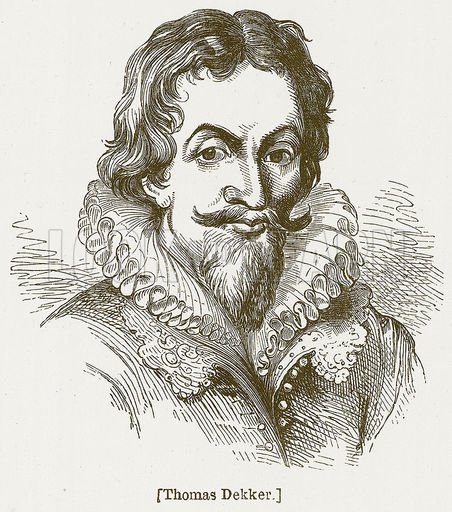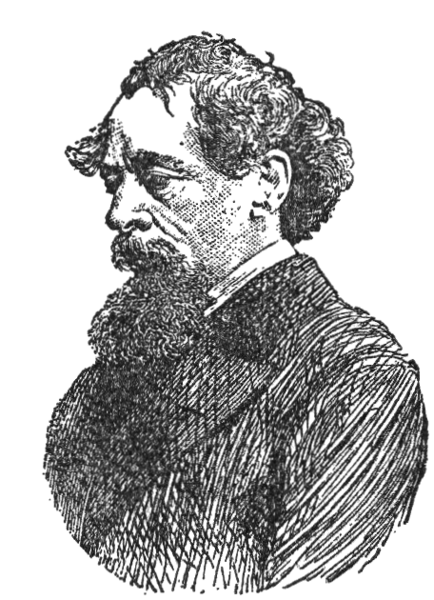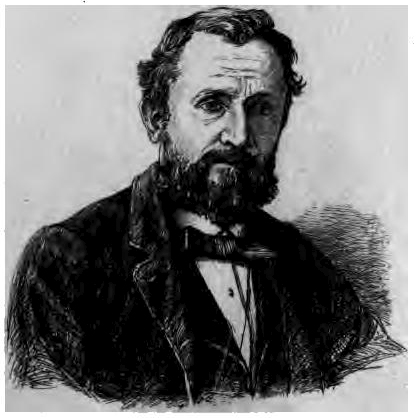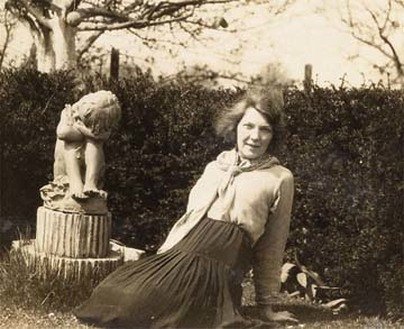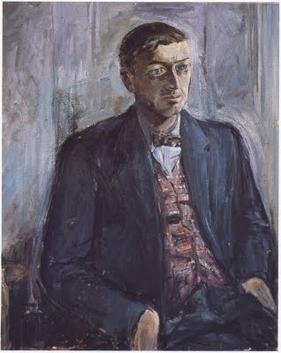For a long period of London’s history, just to be outdoors at night was considered criminal and many writers have crossed over to become Noctavigants, bringing their experiences of the nocturnal city to their writing [THREAD] #LondonHistory
(Matthew Beaumont argues for a distinction between the Noctambulant, the one who is out walking with a purpose, and the Noctavigant, the one who walks with criminal intent.)
In the work of Thomas Dekker (ca. 1572 – 1632) the night is called ‘darkmans’ and London is renamed ‘Romeville’. ‘Give me leave’, Dekker writes, ‘to lead you by the hand into a wilderness where are none but monsters’ 1/6
Noctavigant: The curfew bell could still be heard in Elizabethan England and those like Dekker who walked the night were viewed with suspicion.
Charles Dickens (1812 – 1870): ‘Some years ago, a temporary inability to sleep, referable to a distressing impression, caused me to walk about the streets all night, for a series of several nights.’ 2/6
Noctambulant: Victorian London of a night was legal territory for men, and Dickens being Dickens had a free pass.
Like Dickens, BV Thompson (1834 – 1882) put the night terrors of sleeplessness to use and went out to walk the streets of London. These experiences informed ‘The City of Dreadful Night’, a precursor to Surrealism and existential philosophy. 3/6
Noctavigant: BV Thomson may have been held on suspicion for two reasons: he was rarely sober of an evening, and he was a Dissenter, with a published track record of writing radical texts.
There was a phrase used in the East End to describe when a poor person had stayed out on the street all night: ‘Carrying the Banner’. William ‘Spring’ Onions (ca. 1834 – 1916) carried the banner many times and it usually ended in prosecution 4/6
Noctavigant turned Noctambulant: Until the end of the 19th Century, Onions was firmly in the Noctavigant camp, but his transformation as a poet and tea-drinker saw him reform as a Noctambulant from the start of the 20th Century.
Jean Rhys’ novels of the 1930s chart the progress of female characters in Paris and London who walk the streets at night, seeking purpose beneath the streetlamps and encountering disingenuous men whose promises disperse like miasma over the river. 5/6
Noctambulant: Rhys (1890 – 1979) was drawn to the excitement of the London night at a time when it had (just about) become acceptable for women to walk the streets after dark. There was however a stigma, and very real danger, attached to this.
In this poem by David Gascoyne an insomniac takes flight into the imaginary:
Let those who hear my voice become aware
That Night has fallen. We are in the dark.
I do not see you, but in my mind’s eye
You sit in lighted rooms marooned by darkness.
6/6
Let those who hear my voice become aware
That Night has fallen. We are in the dark.
I do not see you, but in my mind’s eye
You sit in lighted rooms marooned by darkness.
6/6
Noctavigant: Gascoyne (1916 – 2001) was alienated as a gay man living in the UK before homosexuality was legalised in 1967.
Chris McCabe ( @mccabio) selected these six writers as his top London night-walkers to mark the publication of The East Edge: Nightwalks with the Dead Poets of Tower Hamlets http://www.pennedinthemargins.co.uk/index.php/2019/09/the-east-edge/">https://www.pennedinthemargins.co.uk/index.php...

 Read on Twitter
Read on Twitter![For a long period of London’s history, just to be outdoors at night was considered criminal and many writers have crossed over to become Noctavigants, bringing their experiences of the nocturnal city to their writing [THREAD] #LondonHistory For a long period of London’s history, just to be outdoors at night was considered criminal and many writers have crossed over to become Noctavigants, bringing their experiences of the nocturnal city to their writing [THREAD] #LondonHistory](https://pbs.twimg.com/media/EJF0UjAXsAIn4d-.jpg)
